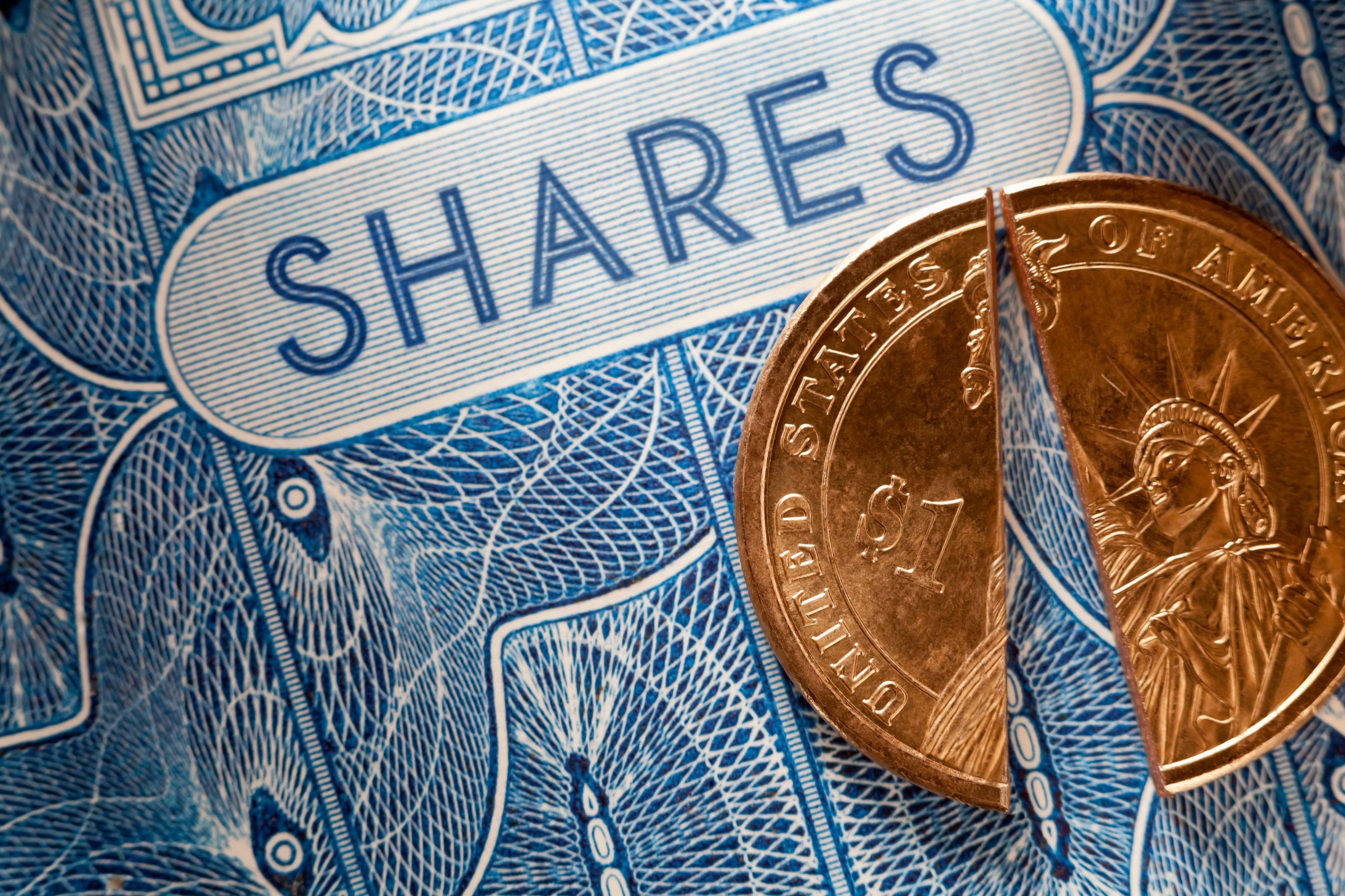These are sobering times for Sirius XM Holdings (SIRI +0.00%) investors. The stock hit a 52-week low on Wednesday, and that's been a rare sight for the satellite radio provider over the past decade. After 10 years in a row of delivering positive returns, Sirius XM stock is eyeing its first dividend-adjusted down year since 2008.
No winning streak lasts forever, and even the 47-bagger that Sirius XM was during its decade of dominance has had its setbacks along the way. Let's try to assess where Sirius XM will be a year from now, sizing up if the stock is a buying opportunity right now at a rare 52-week low, or if it's the end of a great 10-year party.

Image source: Sirius XM Holdings.
Party like it's 2020
At least one Wall Street pro is sounding the dinner bell following the stock's recent sell-off. Sebastiano Petti at JPMorgan put out a new note late last week, calling the stock's 12% sell-off since offering up disappointing first-quarter results an overreaction. He concedes that the post-earnings weakness is the result of soft self-pay subscriber growth, concerns about industry trends, and cloudy prospects for a financial turnaround at Pandora.
Petti feels that his earlier bullish thesis remains intact, and that the fundamentals should accelerate as the year plays out. He is sticking to his overweight rating, and his $7 price target that seems even more impressive now with the stock now a 31% gain away from hitting that goal.
He's not alone. Pivotal Research analyst Jeffrey Wlodarczak also stuck to his $7 price target for the stock last month, following April's quarterly results. He actually upgraded the stock in the process, as he had a neutral rating before. The stock was trading north of $7 through most of last summer, explaining why a Wall Street pro with a $7 price target could have a neutral call on the stock.
With Sirius XM stock at its lowest level since early 2018, we know which way current momentum is headed. New auto sales trends aren't encouraging, and subscriber growth is decelerating. However, Petti and Wlodarczak have good reasons to be bullish with the stock at a 52-week low.
Pandora has its challenges, and unlike Sirius XM, its user base is in a state of decline. However, revenue is growing faster at Pandora as it converts more of its freeloaders into premium subscribers and milks more ad revenue per non-paying user. On the satellite radio front, new car sales are no longer the lifeblood of subscriber growth as more and more used cars now have dormant satellite receivers inside that are a painless activation away from generating revenue for Sirius XM. We're also just starting to scratch the surface of what made the Pandora acquisition so important, and that is the ability to cross-promote the platforms. We're already seeing a Pandora Now channel on Sirius XM and some Sirius XM content migrating to Pandora.
Sirius XM should bounce back. We're in the early innings of the benefits of the Pandora acquisition, and Sirius XM has overcome subscriber weakness in the past. The stock is still a strong candidate to stretch its winning streak to 11 years, with a better shot of beating the market between now and a year from now.






